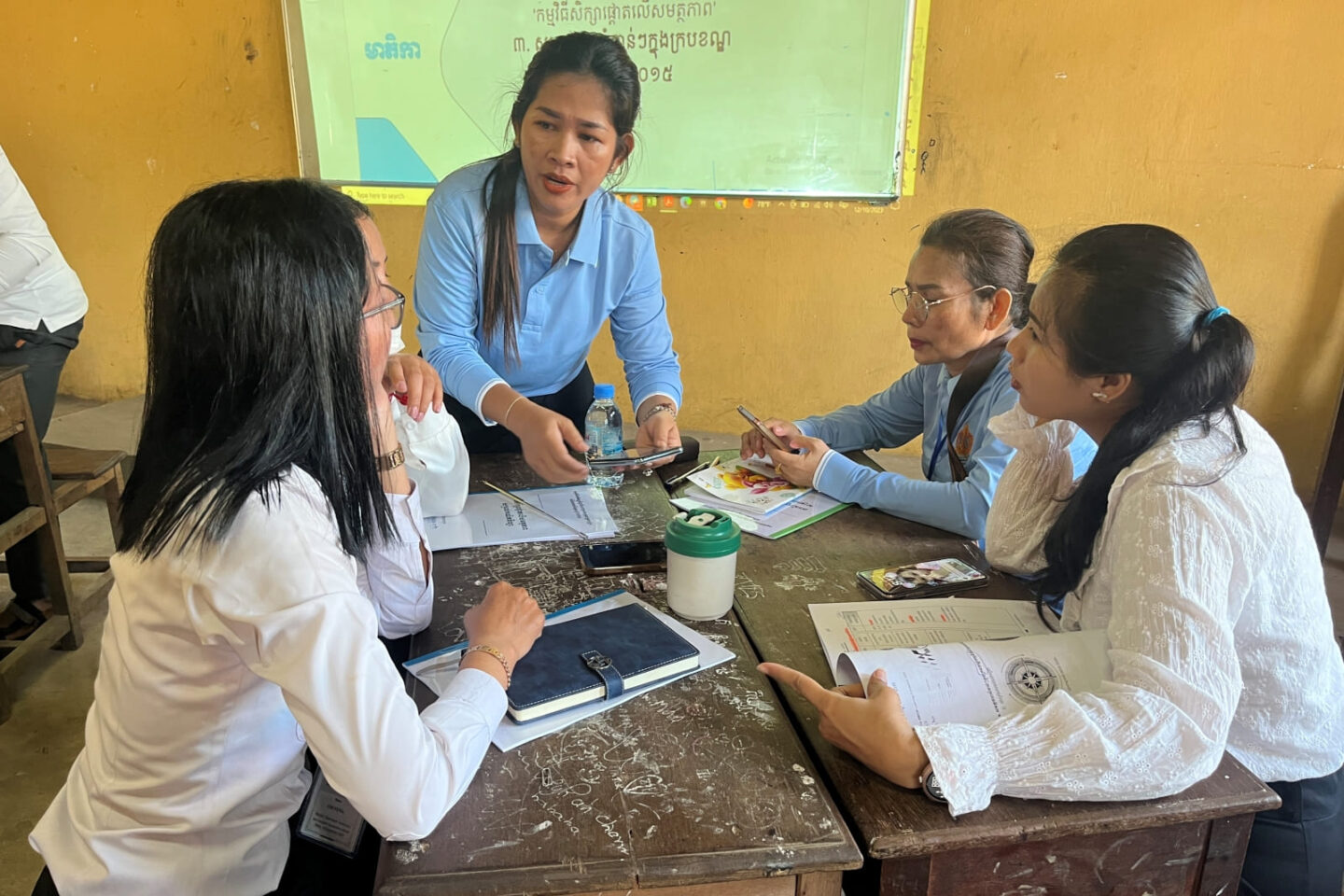
Teachers play a vital role in shaping the future, and their ability to grow professionally is key to enhancing their effectiveness in the classroom. However, the development of skills and abilities among teachers occurs at different paces, largely influenced by individual motivations. While some educators are driven to expand their expertise through research and collaboration, others face obstacles that limit their progress. Understanding these dynamics is essential to fostering a culture of continuous improvement in education.
One of the primary factors affecting teacher development is motivation. Teachers who are intrinsically motivated whether by a passion for their subject, a desire to improve student outcomes or a commitment to personal growth tend to seek out opportunities to refine their craft. These individuals often engage in research, exploring innovative teaching methods or delving into educational theories that can be applied in their classrooms. This proactive approach not only sharpens their skills but also positions them as leaders within their schools.
However, not all teachers have the same access to growth opportunities. Several barriers can hinder their ability to engage in research and professional development. Time constraints, for instance, are a common challenge, as educators juggle lesson planning, grading, and extracurricular responsibilities. Limited resources, such as access to training programs or funding for research, can also stifle progress. Additionally, a lack of institutional support or encouragement from school leadership may discourage teachers from pursuing these activities, leaving their potential untapped.
For those who overcome these hurdles, the rewards extend beyond personal growth. Teachers who conduct research and emerge as knowledgeable figures within their schools often find opportunities to share their insights with colleagues. For example, STEM teachers who have completed 100% of our program can request to host a Stage 3 Seminar for their colleagues or the network of schools in their local area. This knowledge-sharing is a powerful tool for building a collaborative environment where best practices are exchanged, and new ideas are explored. When teachers present their findings whether through seminars, workshops, staff meetings, or informal discussions they contribute to a collective elevation of teaching standards.
The ripple effect of this collaboration is significant. By promoting the exchange of knowledge, schools can cultivate ongoing and sustainable professional development activities. Rather than relying solely on external training or one-off seminars, a culture of peer-to-peer learning bolstered by initiatives like the Stage 3 Seminar ensures that growth is continuous and tailored to the specific needs of the school community. This approach not only strengthens individual teachers but also enhances the overall quality of education provided to students.
In conclusion, while motivation drives teachers to varying levels of skill development, addressing the barriers to research and professional growth is equally important. Encouraging teachers to share their expertise with colleagues whether through structured programs or informal collaboration can transform schools into hubs of innovation and learning. By fostering an environment where professional development is both accessible and collaborative, the education system can unlock the full potential of its teachers, ultimately benefiting students and society as a whole.